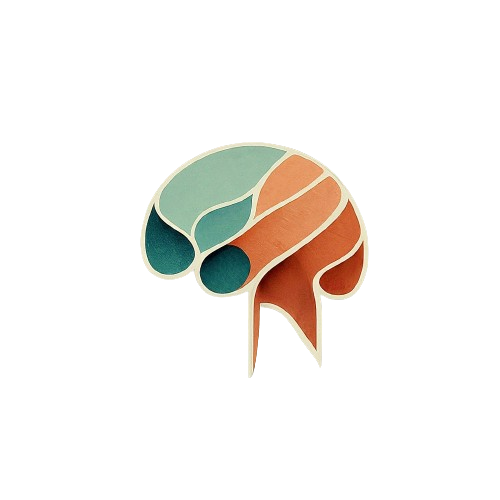What is Trauma?
Trauma is a response to intensely stressful events or situations that can leave lasting effects on your physical and mental well-being. It’s not just about the event itself, but how your body and mind react to it. Whether it’s a single incident or a series of events, it can overwhelm your ability to cope, leading to shock, denial, and changes in behavior.
Understanding Trauma and Its Causes
Trauma can happen at any age and is typically associated with significant events like physical or sexual assault, violence, or accidents. However, ongoing situations such as childhood neglect or emotional abuse can also lead to trauma. According to the Substance Abuse and Mental Health Services Administration (SAMHSA), trauma involves any experience perceived as harmful or life-threatening that negatively impacts your mental, physical, emotional, social, or spiritual health.
Types of Trauma: From Complex to Vicarious Experiences
- Complex: Repeated exposure to it over time, often occurring in childhood, can lead to complex trauma. This type of trauma can deeply affect your sense of self, relationships, and worldview.
- Emotional: This type refers to the emotional aftermath of traumatic events, impacting your sense of safety and leading to feelings of hopelessness.
- Vicarious or Secondary: Being a witness to trauma can also take a toll on your emotional health. This is especially relevant for those in caregiving roles or who regularly encounter others’ traumatic stories.
Big T and Little t Trauma: A Controversial Distinction
Trauma is sometimes categorized into “Big T” (major life events like combat or sexual assault) and “little t” (less obvious events like bullying or significant life changes). However, this classification can be misleading. Repeated exposure to “little t” traumas, especially during childhood, can be just as emotionally harmful as a single “Big T” event.
How It Affects Your Mental and Physical Health
Trauma can have wide-ranging impacts on both your mental and physical health. Symptoms might include:
- Intrusive thoughts, flashbacks, or nightmares
- Hypervigilance and being easily startled
- Avoidance of reminders of the trauma
- Changes in self-perception, like feeling guilty or shameful
- Physical symptoms like chronic pain, sleep disturbances, or chest pain
These responses are linked to the body’s fight, flight, or freeze reaction when faced with overwhelming stress.
Prevalence of Trauma
Trauma is common, with around 70% of adults in the U.S. having experienced at least one traumatic event. Not everyone who experiences trauma will develop post-traumatic stress disorder (PTSD), but approximately 20% do. Women are twice as likely as men to develop PTSD, and the risk is particularly high for those who have experienced sexual assault or physical violence.
Mental Health Conditions Associated with Trauma
Trauma is linked to various mental health conditions, including:
- Post-Traumatic Stress Disorder (PTSD): Around 20% of trauma survivors meet the criteria for PTSD.
- Dissociative Disorders: Up to 90% of dissociative disorders may be connected to trauma, according to the American Psychiatric Association.
- Borderline Personality Disorder (BPD): Childhood trauma is associated with BPD in 30% to 90% of cases.
- Depression and Anxiety Disorders: This can trigger or exacerbate symptoms of depression and anxiety, making daily life difficult.
Healing
Recovery is possible, even if it’s not easy. Trauma-focused psychotherapy, such as cognitive behavioral therapy (CBT), cognitive processing therapy (CPT), and prolonged exposure therapy (PE), are highly effective. Other approaches like Eye Movement Desensitization and Reprocessing Therapy (EMDR) and narrative exposure therapy (NET) may also be helpful.
In addition to traditional therapies, expressive arts, like writing or creative activities, can aid in healing. Building self-care and self-compassion skills are also vital components of recovery, and therapists can guide you in this process.
Recommended Books for Healing
For those looking to understand and heal from trauma, here are some insightful reads:
- “The Body Keeps the Score” by Bessel van der Kolk, MD
- “It Didn’t Start With You” by Mark Wolynn
- “Healing the Fragmented Selves of Trauma Survivors” by Janina Fisher, PhD
- “Trauma and Recovery” by Judith Lewis Herman, MD
- “The Complex PTSD Workbook” by Arielle Schwartz, PhD
- “Trauma and the Body” by Pat Ogden, PhD
- “What Happened to You? Conversations on Trauma, Resilience, and Healing” by Bruce D. Perry, MD, PhD, and Oprah Winfrey
Seeking Help
If you believe this is impacting your life, reaching out for support is a significant first step. Trauma-focused therapy and support groups can help you navigate the path toward healing.



